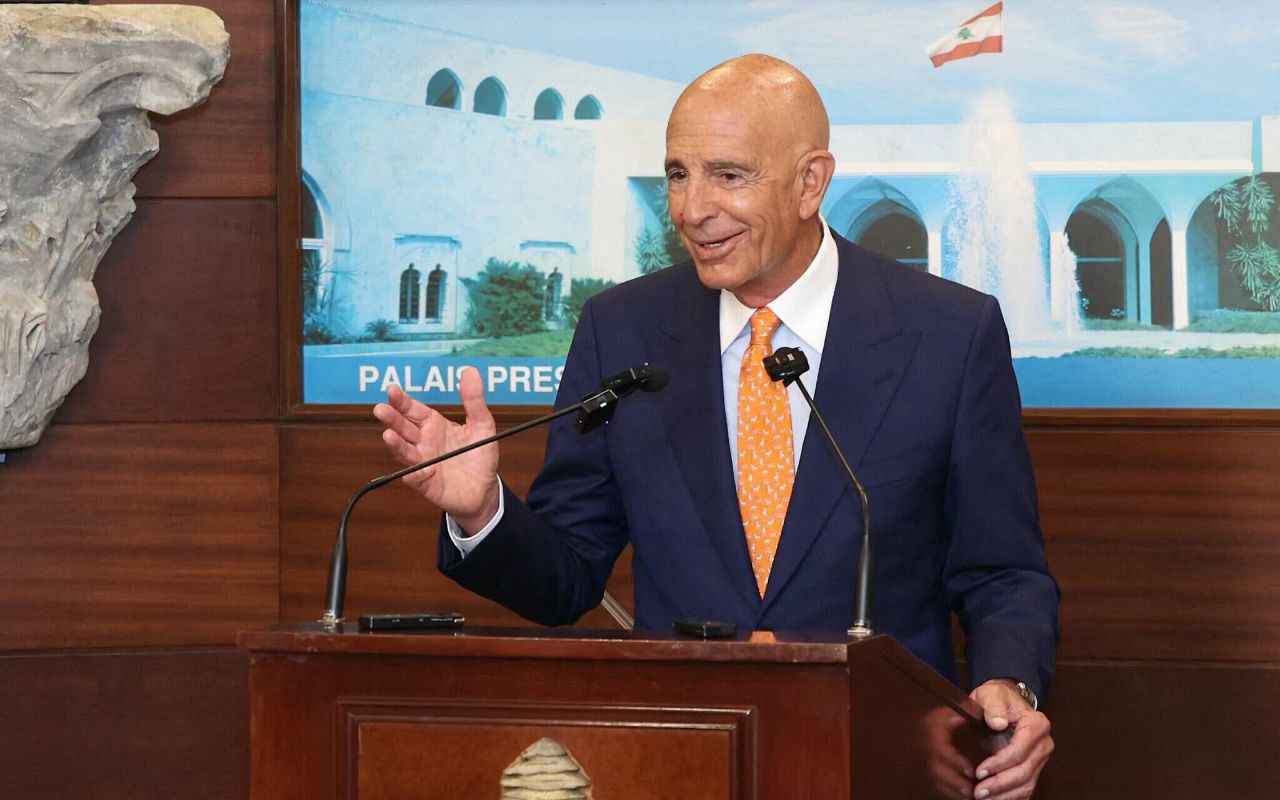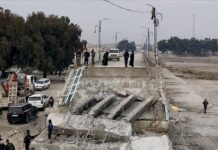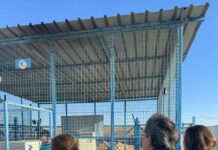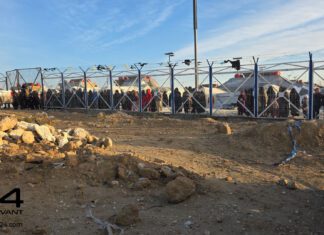
The UN Independent International Commission of Inquiry’s report on violence in Syria’s coastal region last March drew praise Thursday from Syrian, US, German and British officials, as well as human rights advocates, for its detail and transparency. The report concluded there was no evidence of a central government plan to commit crimes, while documenting extensive violations by armed groups aligned with security forces.
“Balanced Assessment” Say Rights Monitors
Fadel Abdulghani, director of the Syrian Network for Human Rights (SNHR), described the findings as “balanced in its description of the events, victims, and violations” and urged the public to read the full text rather than rely on summaries. He noted the report’s historical framing, tracing events from the Assad family’s rule to the aftermath of the regime’s fall.
The commission documented killings of security personnel by remnants of the former regime, followed by abuses against civilians by undisciplined armed groups. According to Abdulghani, these included mass executions, corpse mutilations, sectarian insults, looting. The report estimated about 1,400 deaths—a figure he said closely matches his organization’s data and undercuts inflated casualty claims.
Abdulghani emphasized that while the report found no proof of a coordinated government order, it held the state responsible for the conduct of forces operating under its umbrella. He urged Damascus to act on the recommendations, ensure accountability, acknowledge the events publicly, and protect mass graves.
Diplomatic Support for the Inquiry
US Special Envoy to Syria Tom Barrack called the report “a concrete and measurable achievement,” stressing that justice must be pursued consistently alongside “systematic patience” from the international community.
German Chargé d’Affaires Clemens Haag praised the government’s cooperation with investigators and said the findings offered “a complete and transparent picture.” He urged follow-up on recommendations to prevent recurrence and suggested the process could serve as a model for addressing recent violence in Suwayda.
UK Special Representative for Syria Ann Snow also welcomed the report, noting its consistency with Syria’s internal inquiry and voicing British readiness to help implement accountability measures.
Next Steps for Justice and Reconciliation
Abdulghani said restoring trust in the coastal region requires halting sectarian rhetoric, engaging community and religious leaders in reconciliation, and ensuring victims receive redress. International officials echoed that implementing the report’s recommendations could bolster both justice and unity in a country still grappling with the legacy of conflict.








